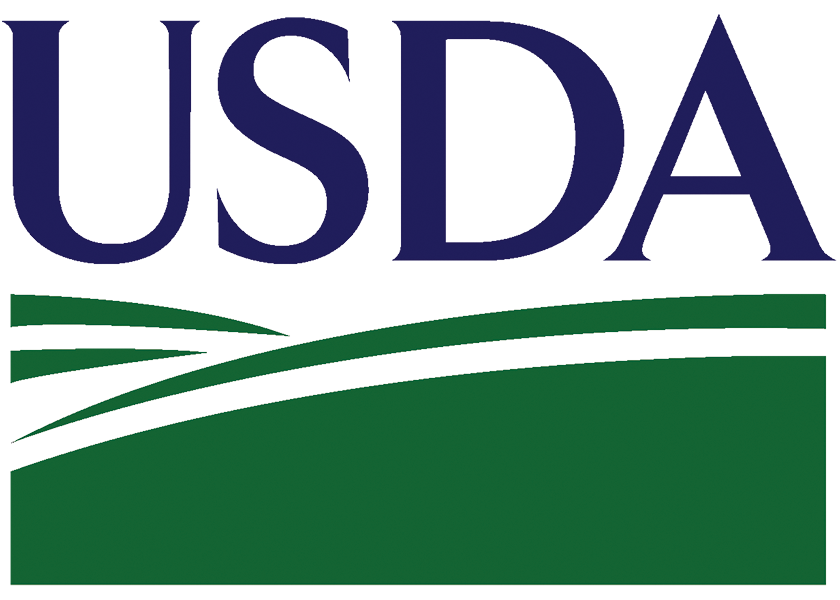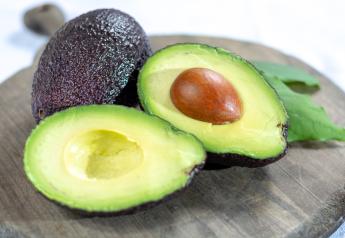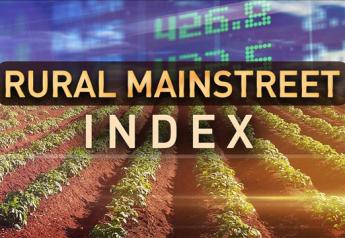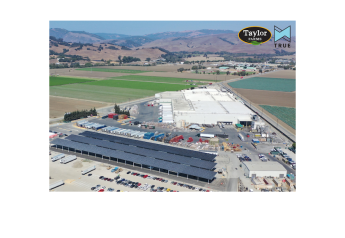USDA seeks input on effects of retail concentration in food industry

The USDA is seeking comments on the effect of retail concentration and retailers' practices on the conditions of competition in the food industry.
The request for input is related to President Biden’s executive order in July last year, which created a White House Competition Council and directed federal agencies to enhance fairness and competition across America's economy, according to a Federal Register notice.
The executive order directs the USDA to submit a report on the “effect of retail concentration and retailers' practices on the conditions of competition in the food industries."
Some of the questions that the USDA is seeking comment on are:
- Are market concentration and power, and lack of competition, problems in food retail and distribution markets? If so, where and in what ways?
- How are small, midsized and independent grocery retailers specifically affected by concentration and potentially anticompetitive practices in food retail markets? What about distributors that may serve them?
- How are smaller food service businesses, schools, hospitals and other institutional food buyers affected by concentration or potentially anticompetitive practices in food processing and distribution?
- Please describe the role that slotting fees, category captains and other preferential access or discounts play in retail food markets.
- How are preferential relationships in the marketplace manifested, and do those relationships limit new market entrants from accessing the marketplace?
- What roles do control and access to retail data play in competition and access for farmers?
- Please discuss how transportation, including rail and ocean shipping, and delivery systems may affect competition in food retail and distribution. How do transportation costs, fees or levels of service affect the competitiveness of downstream businesses?
- Describe the role that label claims and labeling standards play in access to retail markets for agricultural producers. Are public or private resources sufficiently available for smaller agricultural producers seeking to develop or use labels?
- How can antitrust and market regulation and enforcement, including relating to mergers, unfair practices and price discrimination do more to address competition concerns in food retail and distribution markets?
Comments must be received at regulations.gov (docket AMS-AMS-22-0026) by May 16, according to the Federal Register notice. Questions about request for comments can be directed to jaina.nian@usda.gov, according to the agency.
Biden’s executive order said that consolidation in the agricultural industry is making it too hard for small family farms to survive. The executive order directs the USDA to submit a report to the chair of the White House Competition Council regarding the effect of retail concentration and retailers' practices on the conditions of competition in the food industries, “including any practices that may violate the Federal Trade Commission Act, the Robinson-Patman Act or other relevant laws, and on grants, loans and other support that may enhance access to retail markets by local and regional food enterprises.”
In the request for comments, the USDA said increases in concentration have been an important trend in food retail over the last few decades, as the share of single-store firms or local chains has declined from 55% in 1977 to 35% as of 2007, while the concentration ratio of the four largest food retailers hit 34% percent in 2019.
In addition, the USDA said food distribution is concentrated in certain markets, as well, with two firms dominating upwards of 70% of the national broadline distribution market.
The agency said the rise in food retail and distribution concentration in recent decades potentially impacts agricultural producers and small, midsized and otherwise independent processors, as well as potentially ultimately impacting consumers.
“Concentration in food retail and distribution may magnify and contribute to consolidation among meat and poultry processing firms, among other food system market participants,” the USDA said. “Such firms themselves may consolidate to secure leverage against consolidated food retail firms, which in turn may make it more difficult for small, midsized and independent processors to access food retail markets.”
The agency said that four large meat-packing companies dominate over 80% of the beef sales market and, yet, over the last five years, farmers' share of the price of beef has dropped by more than a quarter — from approximately 52% to 37% — while the price of beef for consumers has risen. Four large meat-packing companies dominate about 70% of the pork market, and four large poultry integrators make up 54% of the poultry market, although a pending merger would raise that further.
“USDA will use public comments received through this notice to inform our policymaking and advocacy to help increase fairness and competition in food retail and related segments of the American food and agricultural markets,” the agency said. “We are particularly interested in the role that rules, regulations and enforcement under the Packers and Stockyards Act of 1921 and the Robinson-Patman Act of 1936 — both of which were designed to regulate discriminatory limits on market access — may play in enhancing market access for agricultural producers and small, midsized and independent processors to retail markets, and especially in preventing predatory pricing by incumbent market participants to exclude new market entrants and competitors.”







